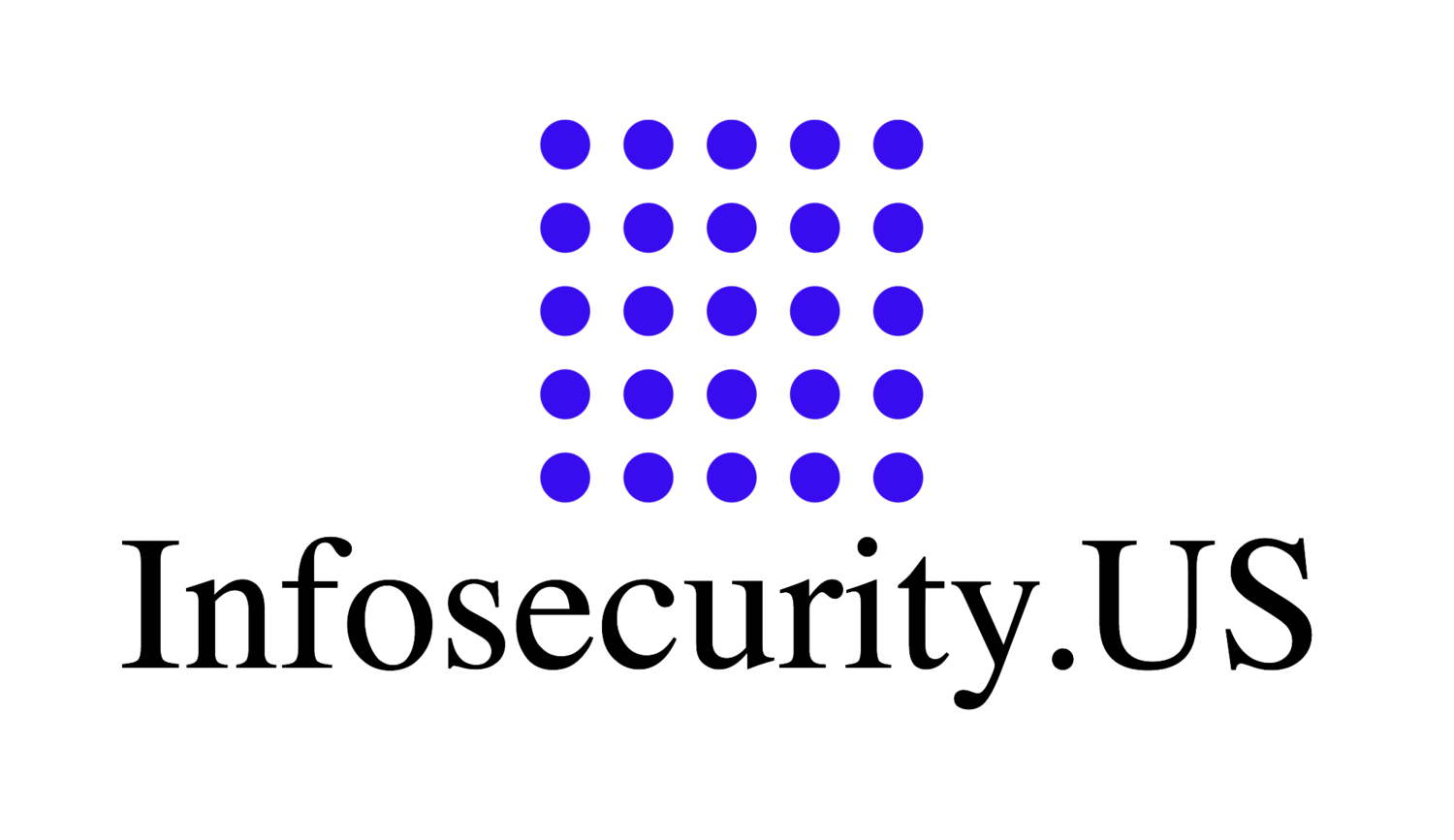Hunting Poachers, AI Style →
Today's feature post contains two fundamentally related stories that possess an equanamity of import. Yet the latter of the two is closer to my interests in animal welfare and illustrates US Veteran engagements training rangers and fighting poachers on the savannahs and in the forests of Africa. Read On, and see which is the most important to you; in either case, you be the judge!
Via Jean Kumagai, writing at the Institute of Electrical and Electronics Engineers' Spectrum Magazine, details the utilization of artificial intelligence in the effort to curtail pachyderm poaching. Simply Outstanding.
"AI is usually applied to problems of modern technology, Tambe notes, but this work is different. “We’re using AI to save the natural world—these stunning landscapes and animals that we hope won’t disappear,” he says. “These are important treasures.” - via Jean Kumagai, writing at the IEEE Spectrum Magazine
###
"The Story of VETPAW: Ryan Tate has always had two primary passions, and a desire to protect both: his country and animals. As it did for many brave Americans, the call to serve grew louder after the attacks of 9/11.Ryan signed enlistment papers to the U.S. Marine Corps that same year, with a commitment to join “the few, the proud” on his 18th birthday.Several years later, Ryan was exposed to the atrocities of elephant and rhino poaching, and the devastation it was having on East African communities and wildlife alike. He knew he couldn’t sit idly by. All he had to do was consider the men and women he’d served with to see that there is no one better suited to instruct and train park rangers than post-9/11 veterans.Ryan is keenly aware that many U.S. Veterans are un- or underemployed, and would benefit profoundly from the opportunity to serve in another capacity—one that would save lives. With his military experience, he’s able to speak directly to the unique skills that veterans can bring to anti-poaching efforts. He interviewed his colleagues and saw the difficulties and frustrations of men and women who are highly skilled in combat-related areas, but unable to leverage those skills in a conventional civilian setting. They have a continuing dedication to serve others, and Ryan helps them channel it." - via VetPaw
